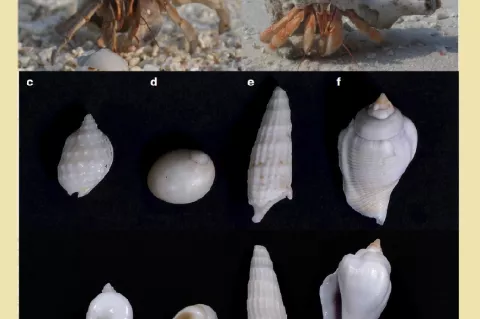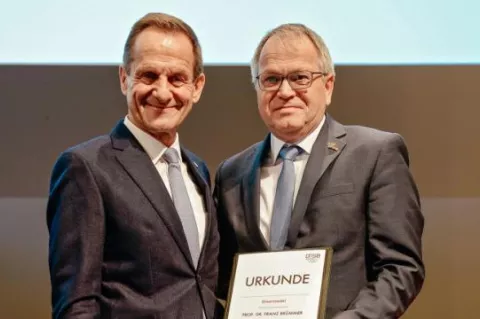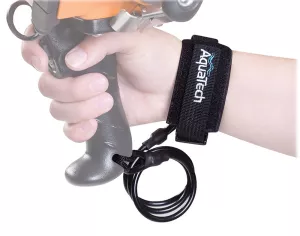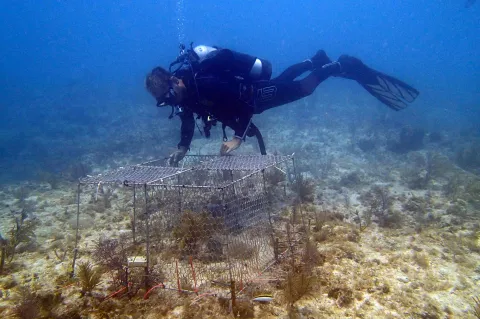Why two hermit crab species on same beach don't fight over shells
Researchers from the University of Bayreuth, Germany discovered how two hermit crab species co-exist on the same beach without fighting over limited resources like food or shelter.
Sebastian Steibl and Prof Dr. Christian Laforsch sought to investigate how resource partitioning occurs and whether it may be a driver of coexistence between competing species. (Resource partitioning involves similar species in the same environment utilising different subsets of the same resource (or using it in a different way), so they are not in direct competition with one another.)







